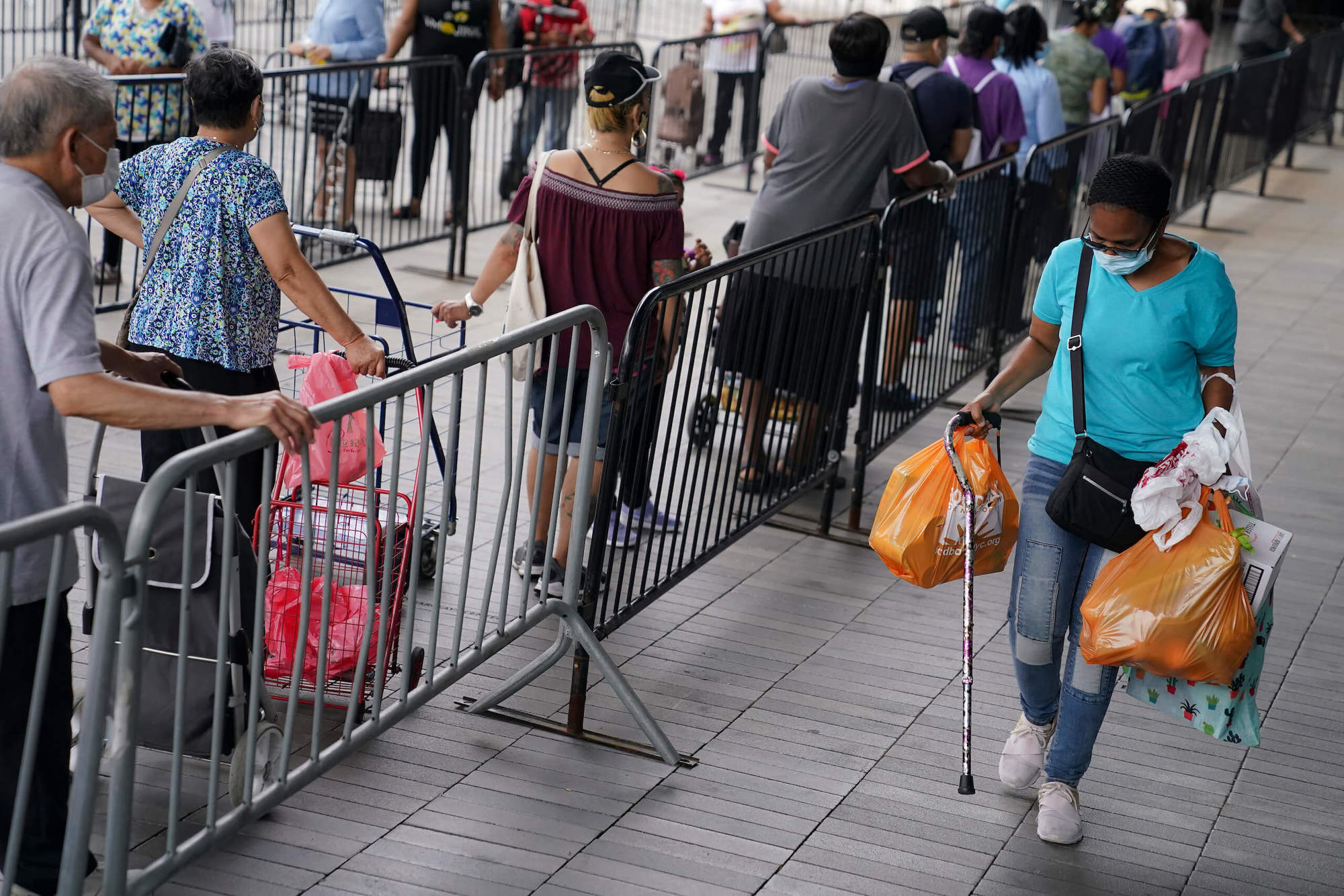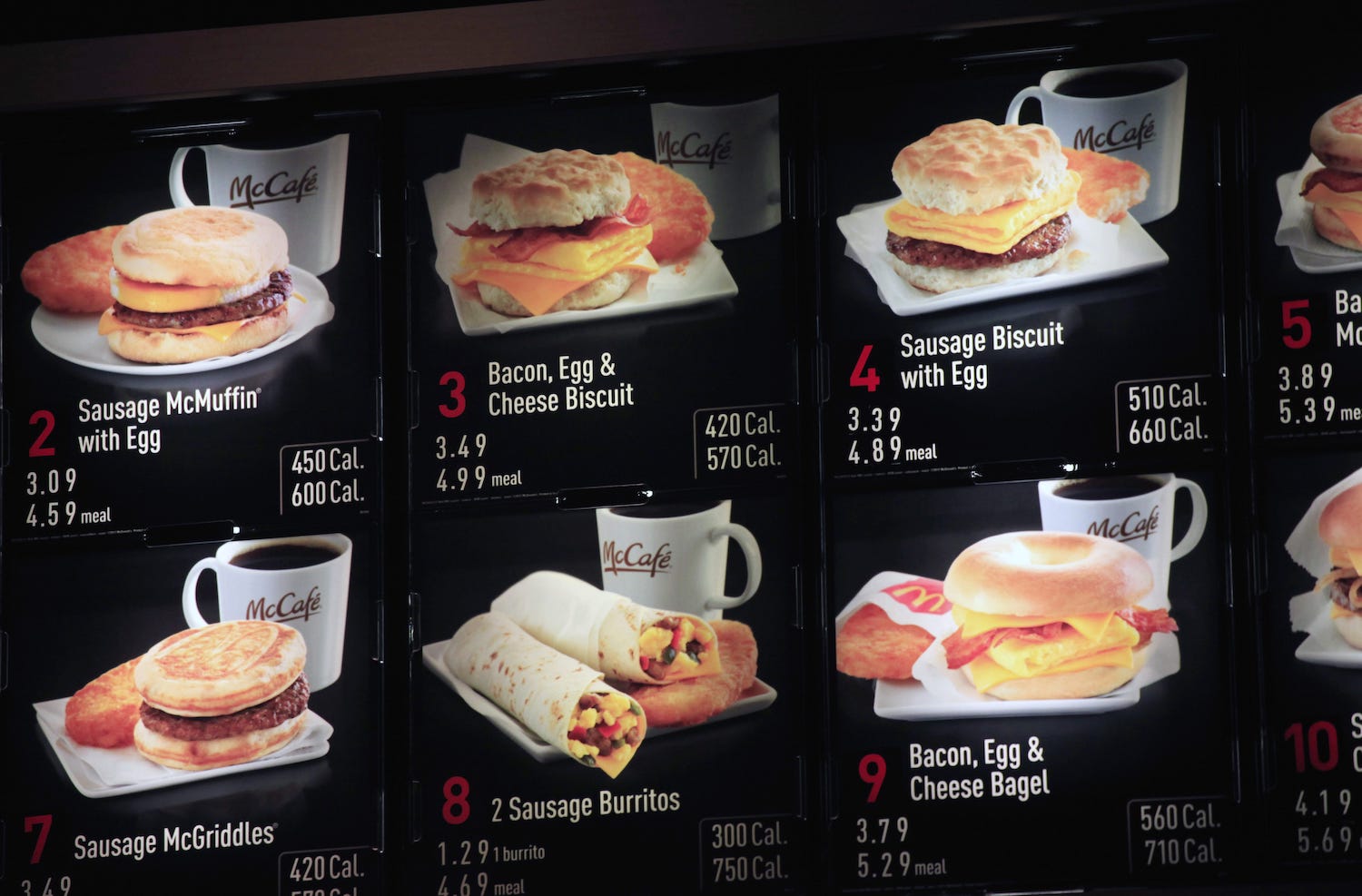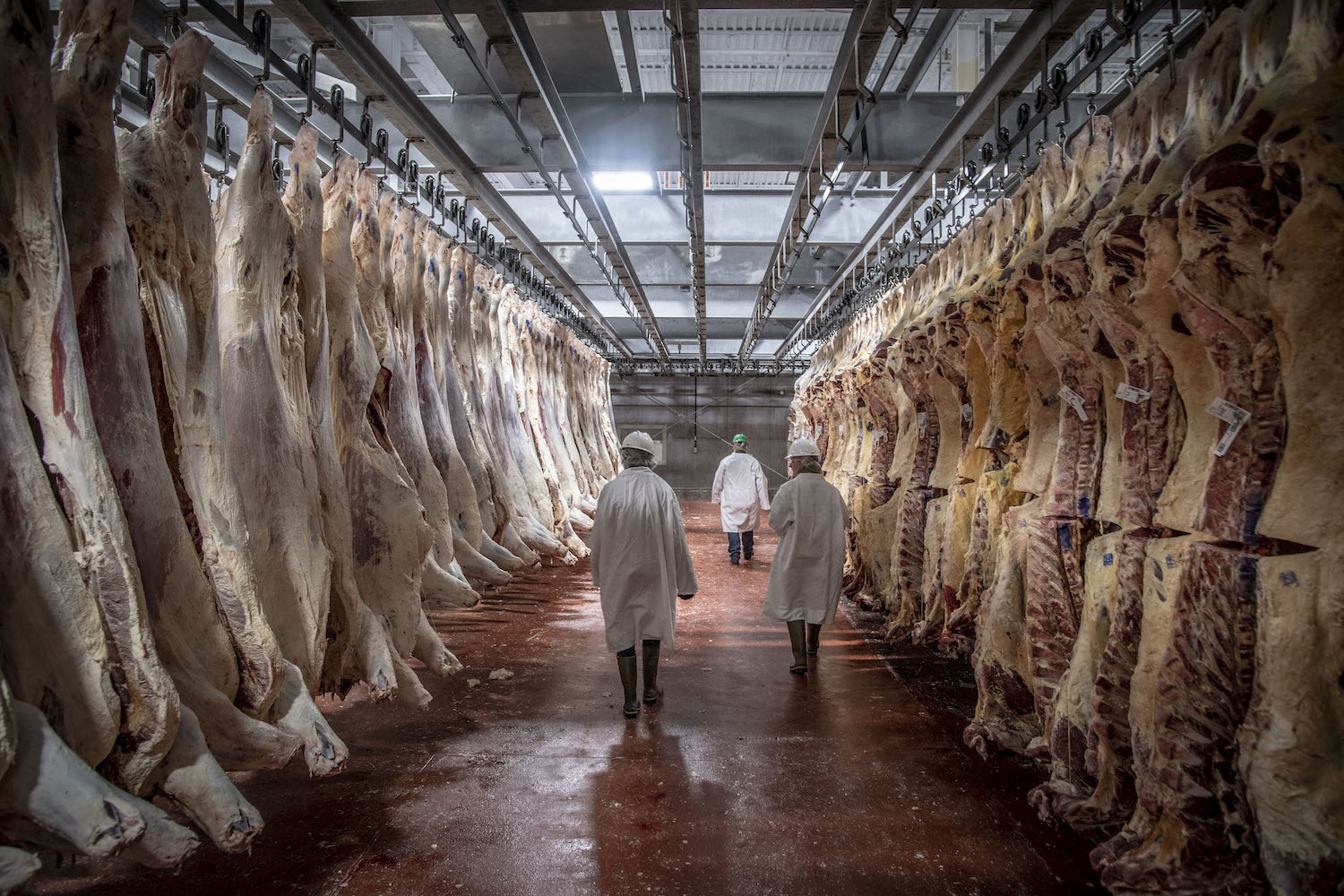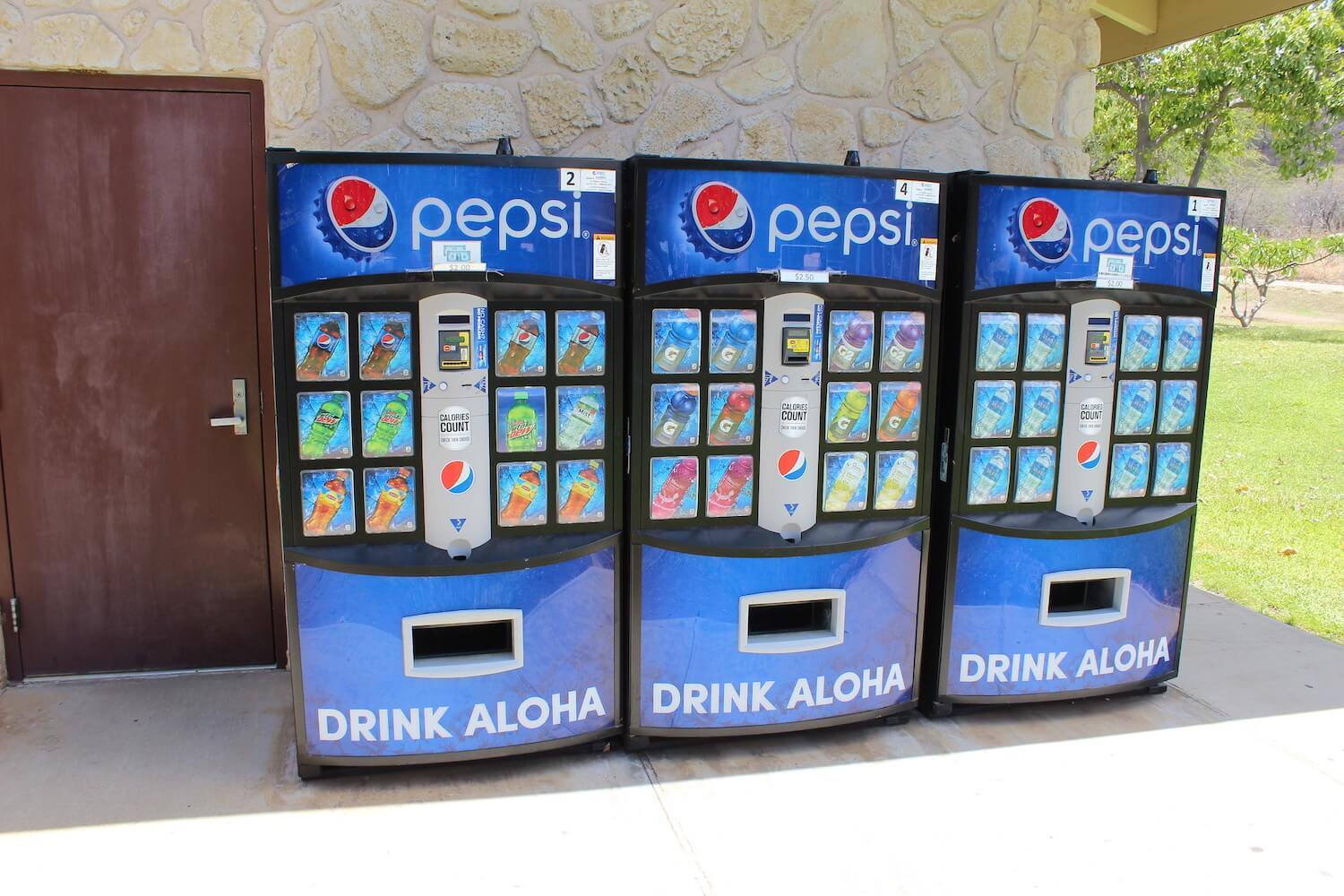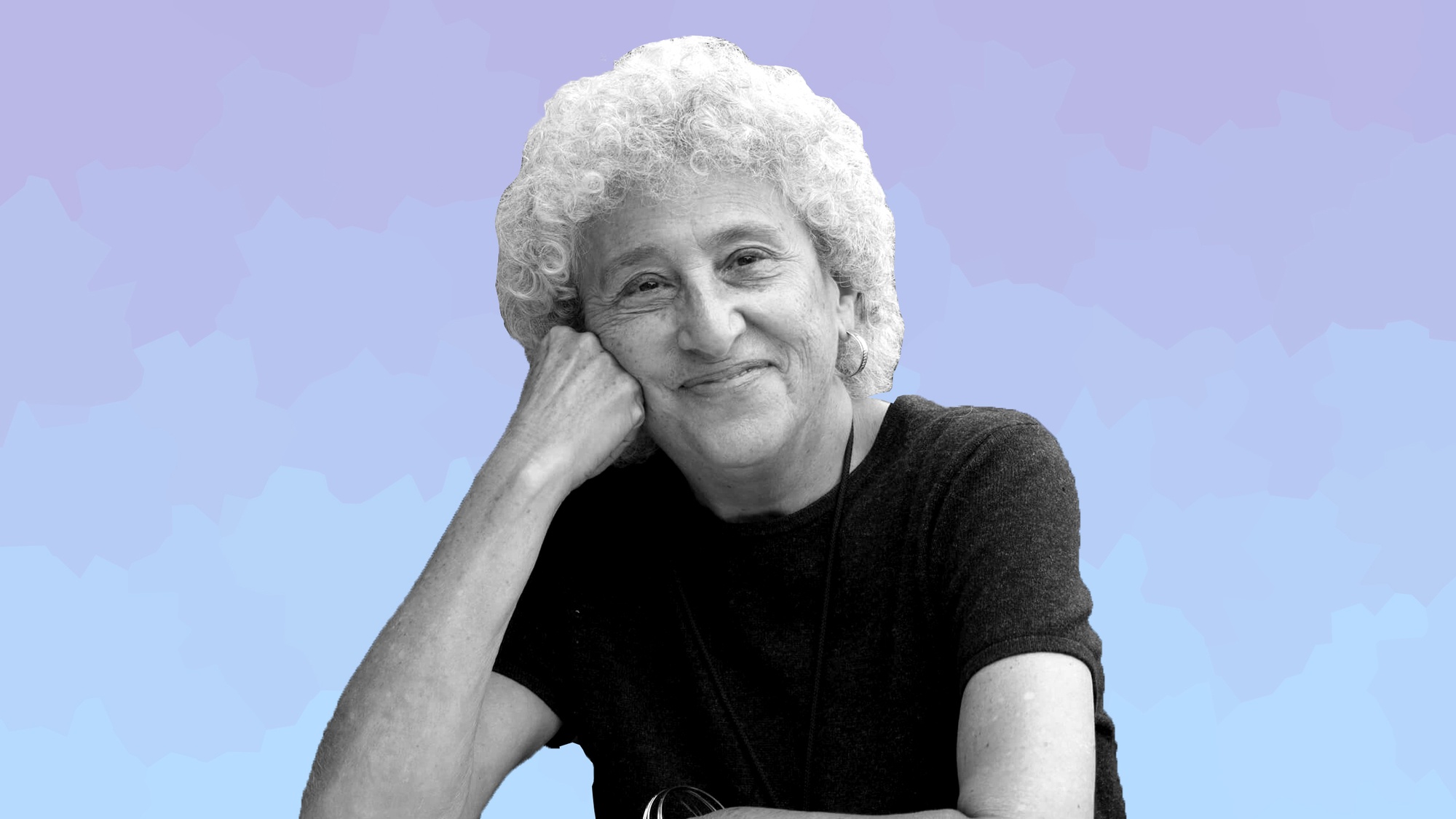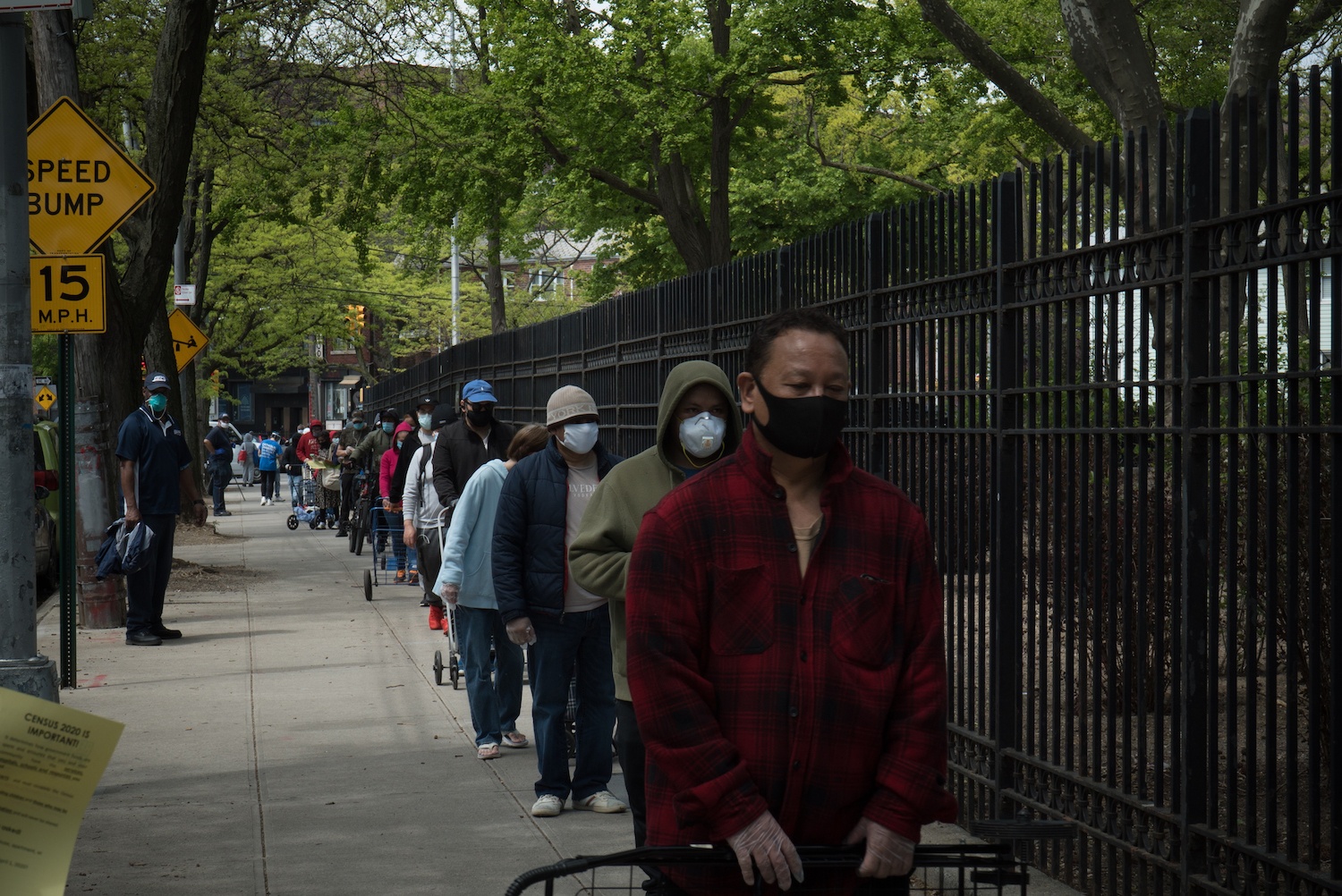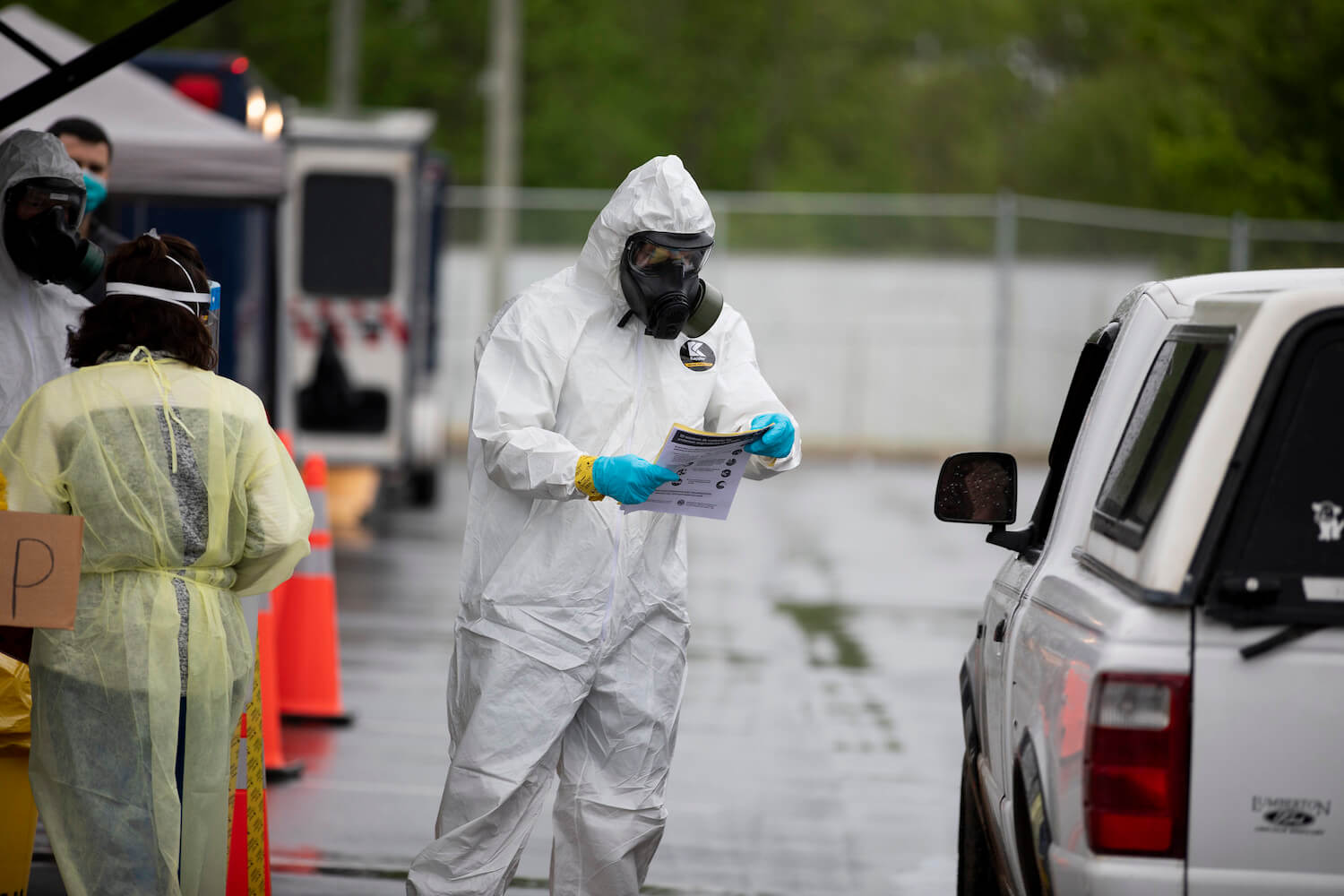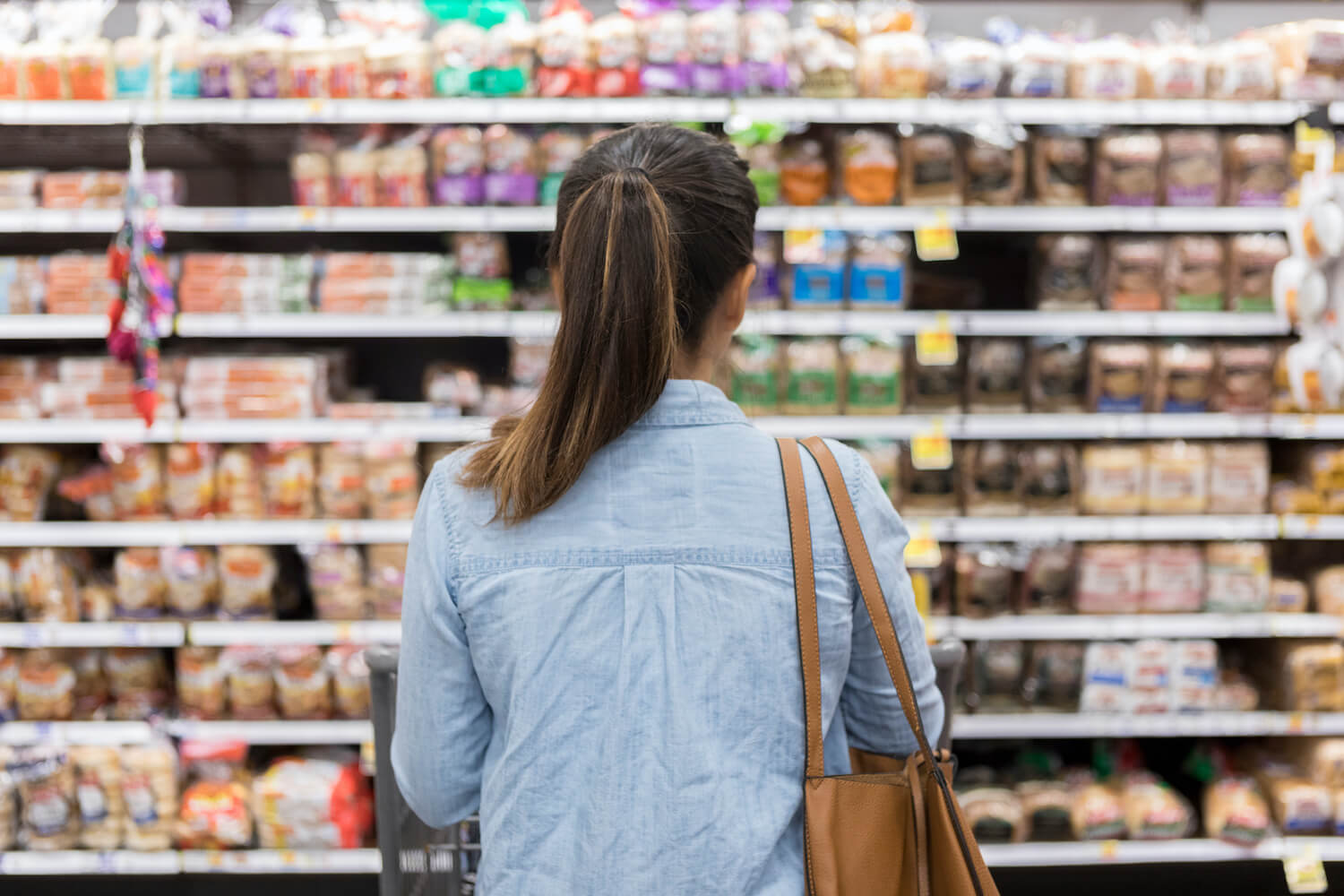
iStock / SDI Productions
When the CEO of Whole Foods attempted to connect our vulnerability to the virus with our food choices and diet-related disease, the internet fired back. We asked experts if he was onto something.
In September, Whole Foods CEO John Mackey sparked an internet backlash when he said the American diet was partly to blame for U.S. deaths from Covid-19. And he wasn’t talking about flouting mask rules.
In an interview with The New York Times, Mackey noted a “very high correlation between obesity and Covid deaths,” and added that this country “had more of a problem” with the virus because “comorbidities like diabetes, heart disease, high blood pressure, they’re just higher in the U.S.” The message: our vulnerabilities are directly related to our behavior. “People have got to become wiser about their food choices,” he said. “We’ve opened up stores in poor areas. And we see the choices. It’s less about access, and more about people making poor choices.”
On Twitter, the outrage was swift. “It’s not ‘poor choices.’ WE HAVE NO MONEY to buy your OVERPRICED bullshit,” one Tweeter seethed. “Sorry we can’t all afford your six dollar asparagus water, Mr. Whole Foods Man. We should make better choices,” another joked.
Some recent research does support Mackey’s premise: Last week, the centers for Disease Control and Prevention (CDC) updated its list of underlying conditions that increase the risk of severe illness from the virus that causes Covid-19—specifically obesity (a body mass index [BMI] of 30 kg/m2 or higher but < 40 kg/m2) and severe obesity (BMI ≥ 40 kg/m2).
While public health advocates for years have highlighted the correlation between poor nutrition and disease, Mackey’s commentary assigned causation far too early in a pandemic that’s just reaching its third peak. Still, as we endeavor to connect the dots between planetary and human health and the increasing risk of future pandemics, Mackey’s thesis seemed worth probing further.
So we asked six experts who study food and nutrition: How should we be thinking about the connection between what Americans eat and our excessive rates of Covid-19?
The Experts
Rita Nguyen, chronic disease physician specialist, San Francisco Department of Public Health; director, Food as Medicine Collaborative
Barry M. Popkin, professor of nutrition at the University of North Carolina at Chapel Hill
Sara Bleich, professor of public health policy at the Harvard Chan School of Public Health
Mary Story, professor of global health and family medicine and community health, Duke Global Health Institute; director of Healthy Eating Research program at Robert Wood Johnson Foundation
Kelly Brownell, director of the World Food Policy Center at Duke University, author of Food Fight: The Inside Story of the Food Industry, America’s Obesity Crisis, & What We Can Do About It
Dariush Mozaffarian, cardiologist, dean of the Tufts Friedman School of Nutrition Science and Policy, and professor of medicine at Tufts Medical School
—
Is Mackey right? Does the American diet make us more vulnerable to Covid-19?
Barry Popkin: He’s right and he’s wrong. We showed that the risks are so much higher for obesity than for diabetes, hypertension, or individual diseases. The obese are 113 percent more likely to go to a hospital, 78 percent more likely to go into an ICU, and 48 percent more likely to die. But our obesity is not so different than several other countries. Mexico’s not that different from us. A bunch of Latin American countries and Egypt are not that different, and Saudi Arabia’s worse. Our incidence per hundred-million of Covid cases isn’t because we’re fatter.
Rita Nguyen: Those who have diabetes, or obesity, or a number of other health conditions, have been correlated to a higher risk of severity. But it’s too simple to say it’s just because of our diet. You have to look at the social and economic fabric of the US, compared to other developed nations with more robust safety nets. You have to look at income inequality: the greater the difference is, the worse the health outcomes are. We see a lot of inequities in health outcomes, and that is not as simple as not eating well.
Our obesity is not so different than several other countries. Our incidence per hundred-million of Covid cases isn’t because we’re fatter.
Sara Bleich: He is factually correct that you are more likely to die of Covid if you are obese. But what we’re really seeing is Covid-19 clustering among Black and brown populations, who are at higher risk for obesity, and also all sorts of other conditions, like poor housing and poor transportation. The risk of dying from Covid-19 is much higher among Black and Latino populations generally, irrespective of obesity, and that has a lot to do with where they work: in essential, frontline positions, with more exposure and less protection.
[Subscribe to our 2x-weekly newsletter and never miss a story.]
Is Mackey right that our poor diet is not an “access problem,” but about “choices”?
Mary Story: That goes against everything that we know in public health and social determinants of health. We know that disparities definitely exist in food access. We know that there’s a lack of access to healthy foods in many low-income neighborhoods. Healthy foods cost more. Fruits and vegetables cost more. Leaner forms of protein costs more. And unhealthy foods—the ultra-processed foods which are high in salt, fat and sugar—are really cheap.
You have to look at the social and economic fabric of the US, compared to other developed nations with more robust safety nets.
Kelly Brownell: Obesity is rising all over the world and has been for years. It’s hard to argue that people everywhere in the world are becoming irresponsible. If people were becoming irresponsible, you’d expect to see it in areas other than food. But if you look at other health-related behaviors—like, do people brush and floss, do they wear seatbelts, or do they get preventive medical exams—over time, the rates of those things has improved or stayed the same.
How would you explain the relationship between what we eat and our vulnerability to Covid-19?
Dariush Mozaffarian: The major diseases that are worsening Covid severity in our country are all diet-related metabolic and vascular diseases, like diabetes, obesity, hypertension, and heart failure. It’s undoubtedly the case that if we had a metabolically healthy population, Covid would be far less severe.
The risk of dying from Covid-19 is much higher among Black and Latino populations generally, irrespective of obesity, and that has a lot to do with where they work: in essential, frontline positions, with more exposure and less protection.
Popkin: When you’re overweight, or obese at any point, those fat cells—those adipose tissue in our body—they become inflamed. That in turn affects their immune function. If you’ve been obese for 30 years, that’s different than if you were obese just as an adult. A lot of countries, you don’t really see the obesity emerge until the 40s and 50s. Here, it emerges when you’re 10, and gets worse and worse and worse. And as your immune system is weaker, it’s easy for minor exposures of viruses not to be fought off.
How is Covid changing the way we eat?
Story: With all of this social isolation, people are really stressed out. And that can trigger over-eating or eating foods that are not the healthiest.
Bleich: Many children are getting school food either through the summer feeding program, which relaxes nutrition rules, or they’re getting it through Pandemic EBT, which basically supplies it on an EBT card to work through SNAP. That has big implications for kids’ diets, because we know that the school lunch program is protective against low-income children becoming obese. It could be that one of the unintended consequences of schoolchildren not being in school right now is that we see a rise in obesity levels—and heavy kids become heavy adults.
It’s undoubtedly the case that if we had a metabolically healthy population, Covid would be far less severe.
Nguyen: The masses in America are really struggling economically, and that’s going to translate into what they’re able to eat—they just aren’t eating enough nutritious food because they don’t have jobs and they can’t pay for it.
Brownell: If you’re poor, then it’s easy to see how food insecurity would be a problem. But obesity is also an issue, because people don’t have access to and can’t afford healthier foods. And so low-cost, calorie-dense, nutrient-poor foods become the only option.
Is there a way to change the way we eat to lessen the impact of Covid?
Bleich: We can prop up the federal nutrition safety net, and make that stronger, so people are able to follow a more nutritious diet. We can increase the size of the SNAP benefit. It won’t make a difference overnight, but it can help over time.
Mozaffarian: The fact that we’re talking about mask wearing, and shutting down schools, and shutting off businesses, and trillions of dollars of economic losses, and we’re not at the same time saying, “look, this is the time to get the country healthy, this is the time to make yourself to walk a little more, or eat a little better, or sleep a little more, and it will help Covid,” I think has been a huge missed opportunity.
It’s just a shame that our governors and our federal administration isn’t taking advantage of this moment.
Mexico, which is one of the most obese countries in the world, worse than the United States, is a good example. Two or three months ago, their government said obesity is is dramatically worsening Covid, and the state of Oaxaca banned junk food sales to minors. Other states are now following this. Boris Johnson in the U.K. announced he was going to do a bunch of things around food. It’s just a shame that our governors and our federal administration isn’t taking advantage of this moment.
Nguyen: If everyone started eating better, conceivably, there may be an impact. But it’s very difficult to test that—comparing people who changed their diet, before and after. You also have to control for things like income and education, because I suspect those with lower incomes also are having worse outcomes. I think we just don’t know yet.

